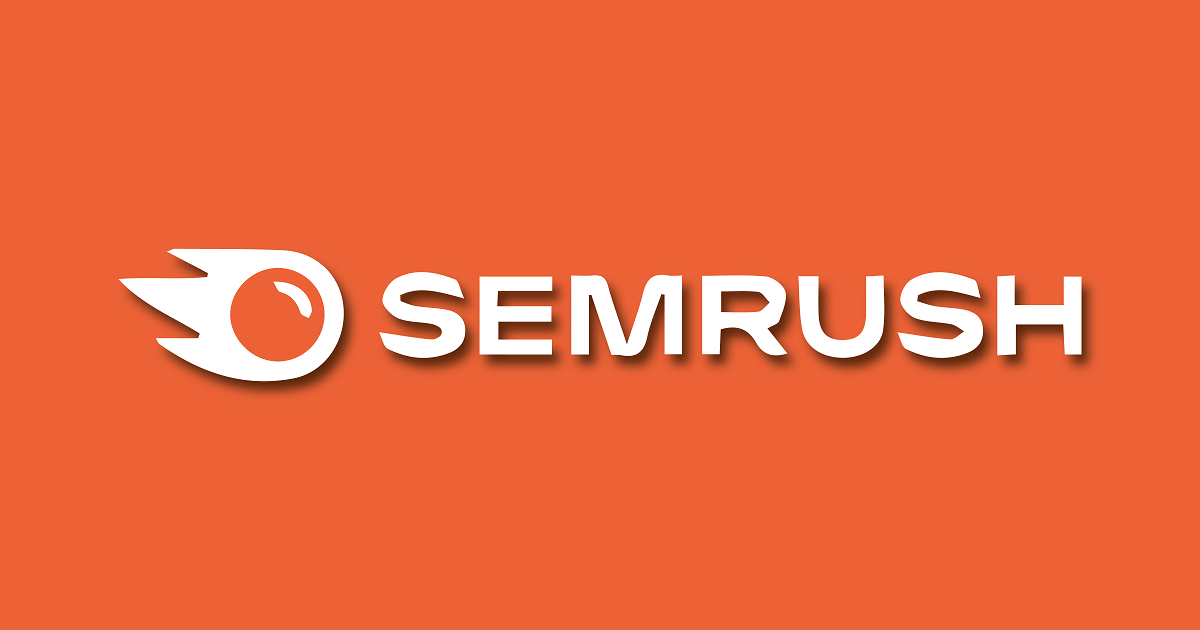To rank on search engine result pages within a short time, there's no alternative to using the best long-tail keywords tool; here are the 4 best of them.
When it comes to SEO, we all know that keywords are super important. But let's be honest; not all keywords are the same. Short-tail or popular keywords might bring in a huge amount of traffic, but those keywords are also way too much competitive. That's where long-tail keywords come in. Long tail keywords help you reach your target audience quickly and bring in high-quality traffic within a short time and with less competition.
Among many other ways, long-tail keywords are considered one of the easiest ways to rank higher on search engine results pages (SERPs).
In this article, we will learn about the best long-tail keyword tools, the benefits of using long-tail keywords, and more.
What Are Long Tail Keywords?
Long tail keywords are more specific and longer phrases people use to search for something online. These types of keywords are more targeted than general keywords and are usually made up of three or more words. Long tail keywords are significant in SEO because they are less competitive, more targeted, and have a higher conversion rate. They help improve the relevance of your content and attract more qualified leads.

Benefits Of Using Long-Tail Keywords
Using long-tail keywords can be incredibly valuable when used correctly, and these types of keywords are most likely used when visitors are close to making a purchase. This means people visiting your website through long-tail keywords might be ready to take any activity such as taking service, purchasing goods, etc.
Some of the advantages of using long-tail keywords are:
Low competition for search engine ranking
Long-tail keywords have less competition compared to short and mid-tail keywords. This means it is easier to achieve higher rankings in search engines and gain more visibility for your targeted keywords.
By targeting long-tail keywords, you can focus on a specific niche and attract visitors who are looking for exactly what you offer. This will also help you stand out from the competition and establish yourself as an authority in your field.
Increase sales!
There are lots of reports that show that long-tail keywords are more likely to convert into customers. This is because they are closer to making a purchase and have a clearer idea of what they want. If you have content with long-tail keywords that match their search intent, you can increase the chances of them taking action on your website, whether it's making a purchase, filling out a form, or subscribing to your newsletter.
Better audience target
Long-tail keywords allow businesses to focus on a narrower audience with a higher likelihood of better return on investment. By using long-tail keywords, you can craft content that aims to meet your potential customer's needs and desires, making your marketing efforts more relevant and effective.

Tips For Finding The Best Long-Tail Keywords
To get the most out of long-tail keywords, it's important to understand how to identify and research long-tail keywords effectively. Let's explore a few strategies that can help you find the right long-tail keywords for your business.
Understand Your Target Audience
Before diving into long-tail keyword research, it's essential to have a clear understanding of your target audience. Identify their demographics, interests, pain points, and the common questions they might have about your products or services.
Understanding targeted audiences will guide you in finding long-tail keywords that address their specific needs and preferences.
Brainstorm Initial Keyword Ideas
Start by brainstorming a list of broad topics related to your niche or industry. Then, break down each topic into more specific subtopics, keeping your target audience's preferences and pain points in mind. This process will help you generate initial long-tail keyword ideas that you can refine and expand on during your research.
Analyze Competitor Content
Another way to find better long-tail keywords is to review the content of your top competitors to identify the long-tail keywords they are targeting. This will give you insights into potential keywords you may have overlooked and help you understand the strategies that are working for others in your industry.
Assess Keyword Relevance and Intent
When selecting long-tail keywords, consider the keywords' relevancy to your business and the search intent behind them. Make sure they align with your target audience's needs and preferences and address specific questions or concerns.
By focusing on relevant long-tail keywords with clear intent, you'll be able to create content that resonates with your audience and leads to higher conversions.
Track and Refine Your Keyword Strategy
Finally, monitor the performance of your long-tail keywords and the content built around them. Use tools like Google Analytics to track organic traffic, user engagement, and conversions.
Continuously assess and refine your keyword strategy based on the data you gather. This will ensure that your long-tail keyword efforts remain effective and contribute to your overall business goals.
Now, these are undoubtedly the best tricks that one can follow to find out rankable long-tail keywords but to do these things manually; you'll have to spend lots of time, which might not be effective for you.
In the next section, we'll discover some of the best long-tail keyword tools which will make your long-tail keyword research efforts more simple.
4 Best Long-Tail Keywords Tool
When you use a long-tail keyword tool, you don't need to manually search for keyword intent, brainstorm for keyword ideas, monitor keywords, or rank manually.
Here are four of the best long-tail keyword tools that you can use to level up your long-tail keyword research effort.

1: SEMrush
SEMrush is another popular all-in-one SEO tool offering long-tail keyword research through its Keyword Magic Tool. It also provides features like competitor analysis, backlink monitoring, and site audits.
The Keyword Magic Tool allows you to explore millions of keywords, be it short, mid, or long, along with search volume, keyword difficulty, CPC, and other data.
Pricing:
SEMrush offers three pricing plans: Pro at $119.95/month, Guru at $229.95/month, and Business at $449.95/month. There is also an Enterprise plan with custom pricing for larger organizations.
Pros:
A comprehensive collection of SEO tools
Extensive keyword database
Easy-to-use interface
Provides keyword difficulty and other important metrics
Social media management tools
Cons
Pricing is expensive compared to other tools
By clicking the button below, you can use all premium features of SEMrush completely free for 14 days!
Click here for: SEMrush 14 Days Free Access

2: Ahrefs
Ahrefs is another all-in-one SEO tool. Its Keyword Explorer tool lets you find thousands of relevant long-tail keywords and provides valuable metrics like keyword difficulty, search volume, and traffic potential.
Pricing
Ahrefs offers four pricing plans, starting with Lite at $99/month, Standard at $199/month, Advanced at $399/month, and Enterprise at $999/month.
Pros:
In-depth keyword analysis with valuable metrics
Large database of keywords and backlink data
Easy-to-use tools and interface
Cons:
Expensive subscription plans
No free plan is available

3: Google Keyword Planner
Google Keyword Planner is a free keyword research tool that is part of Google. It allows you to find long-tail keywords, search volume, cost per click, and competition levels. While it lacks some advanced features, it is a reliable tool for basic keyword research.
Pricing: Free to use with a Google Ads account.
Pros:
Completely free to use
Direct access to Google's keyword data
Simple and easy to use
Cons:
Limited features compared to other tools
No keyword difficulty metric
Primarily designed for Google Ads campaigns

4: Ubersuggest
Ubersuggest is an affordable keyword research tool that specializes in generating long-tail keyword ideas. It offers keyword suggestions, search volume, and SEO difficulty metrics, as well as content ideas and backlink data.
Pricing: Its paid plans include Individual at $29/month, Business at $49/month, and Enterprise/Agency at $99/month.
Pros:
Affordable pricing plans
AI tools to write meta descriptions and content
User-friendly interface
Provides content ideas and backlink data
Cons:
Less comprehensive than Ahrefs and SEMrush
Limited SEO tools compared to competitors
Some data may not be accurate

Frequently Asked Questions
Can I research all types of keywords with these tools?
Of course! You'll be able to research all types of keywords with the tools we've mentioned above.
Should I always use long-tail keywords for my SEO campaigns?
No, there's no rule or limitation that once you use long-tail keywords, you'll have to stick with those for your future content. You can target or use any keyword types that you want.
Is it possible to research long-tail keywords without a tool?
You can find suggestions or keywords by Google or other search engines autofill, but you won't be able to get metrics such as keyword difficulty, search volume, cost per click, and competitor analysis without a tool.
Also Read Long Tail Keywords Vs Short Tail: Differences & Which One Is The Best




